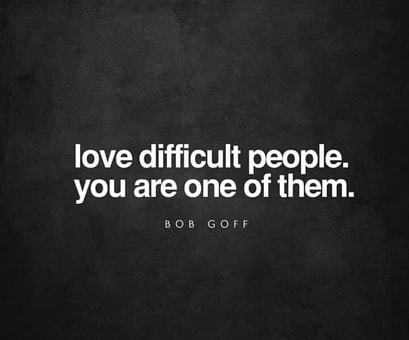Sermons
* Podcast player directly below.
* Scroll down for video of most recent sermons, click PREVIOUS to go back farther.
* If you are in a particular sermon post, click DETAILS to get tags and dates.
* Scroll down for video of most recent sermons, click PREVIOUS to go back farther.
* If you are in a particular sermon post, click DETAILS to get tags and dates.
|
|






